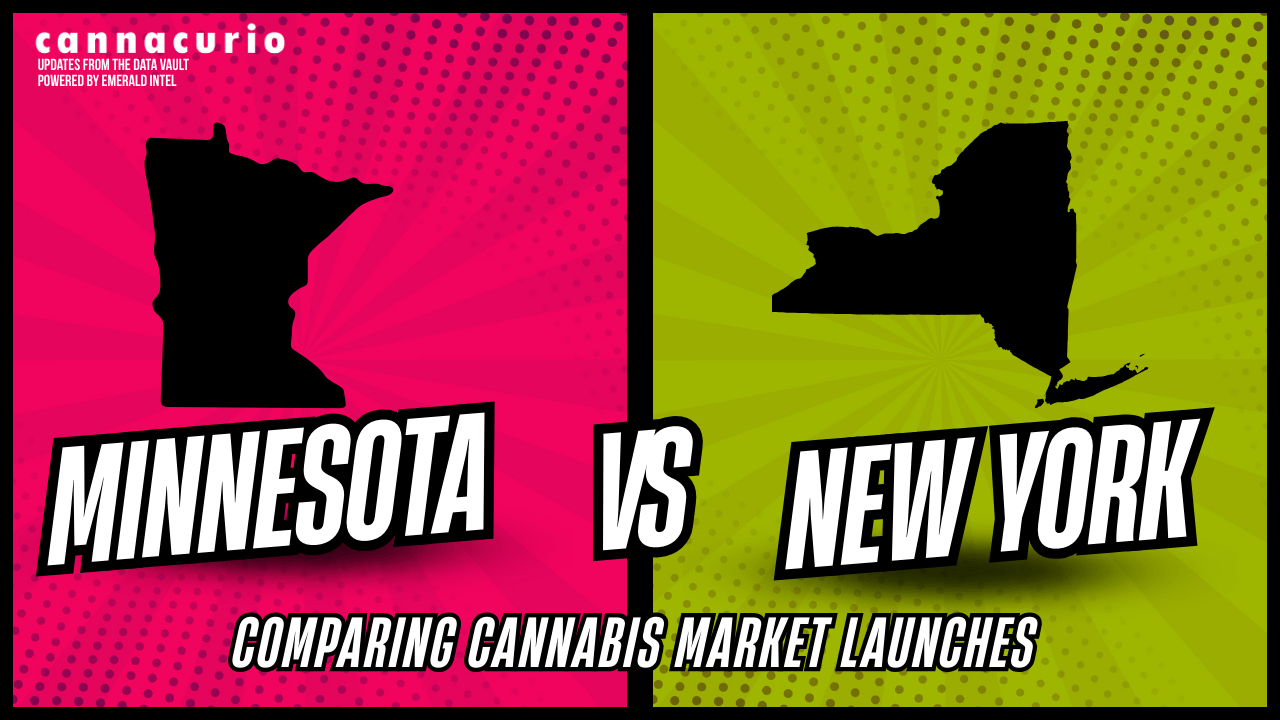
Legitimizing the Cannabis Industry: Terminology and Codes of Conduct
By improving professionalism in the cannabis industry and elevating the customer experience, the entire industry will break the negative stereotypes of cannabis and cannabis users. In fact, it’s already happening. According to Pew Research and Gallup, between 2007 and 2018, the number of Americans who favor cannabis legalization more than doubled from 31% to more than 66%.
Unfortunately, negative perceptions about cannabis still exist primarily due to a lack of education. To change those perceptions on a wide scale, the cannabis industry must be held to a higher standard and every participant must commit to bringing professionalism to their daily work.
Why? Because those persisting negative perceptions have significant implications for the future of cannabis in the United States.
Catalyzing change doesn’t happen overnight, but it’s up to the people working in the cannabis industry every day to show the world that the business of cannabis is real, credible, and meaningful. It starts by acting professionally.
That doesn’t mean everyone needs to wear a three-piece suit and use tired $20-dollar words. It means acting appropriately to reduce risk, putting the needs of customers above all else, and prioritizing compliance at all times.
The reality is that unprofessional behavior perpetuates negative perceptions of the cannabis industry. By acting professionally in all business situations – from networking events and business meetings to the workplace – the cannabis business community can help remove the stereotypes that have been associated with the industry for many decades.
Cannabis Professionals Code of Conduct
Every cannabis business should have a code of conduct for employees to follow and live by. The code of conduct documents acceptable and unacceptable behaviors so employees have no confusion about how they’re expected to behave when they’re working.
The National Cannabis Industry Association (NCIA) has a code of conduct for its members that provides a great place for cannabis businesses to start when drafting their own documentation. Some of the key behaviors to address in your code of conduct include:
- Compliance with relevant laws
- Appearance and actions as a reflection of the brand’s image
- Staying current on research and educated on relevant topics
- Health and safety
- Respecting others
- Integrity and open communication
- State and local licensing
- Avoiding illegal behaviors
- Avoiding behaviors that negatively affect the company or the industry
In addition, your business’ code of conduct should explain what happens when the code is violated. The key is to make it clear to employees that they’re expected to act professionally when they’re on the company’s dime and to explain that professionalism is not optional.
Importantly, business leaders must model professional behavior and lead by example. Misperceptions and stigmas can only be replaced when employees at all levels follow good business practices and provide positive customer experiences.
Workplace Etiquette in the Cannabis Industry
Workplace etiquette should be included in your business’ code of conduct. Make sure every employee receives a copy of your code of conduct as well as an employee handbook that goes into more detail about specific acceptable and unacceptable behaviors, individual responsibilities, tracking mechanisms, training, and repercussions for violations.
Follow the link to learn more about workplace etiquette priorities for cannabis businesses, and keep in mind, workplace etiquette focuses heavily on how people’s behaviors affect other people. This includes coworkers, customers, business partners, vendors, media, and more. Training is critical to ensure employees understand why their behaviors matter and how they can modify their behaviors to help legitimize the cannabis industry.
Again, leadership needs to buy into the business’ workplace etiquette policies and lead by example. Company culture starts at the top and trickles down, so every employee should be held accountable for their behaviors.
Terminology for Cannabis Professionals
Communication is essential to change people’s perceptions. To that end, we can reduce stigmas in the cannabis industry by using the right words. For example, in her book, Higher Etiquette, Lizzie Post warns readers to avoid using stigmatizing terms like “pothead” when discussing cannabis in both business and personal settings.
In addition, Post advises against using the word “weed” which can be perceived as disrespectful to a plant that has the capacity to do so much good. She even believes the term “marijuana” carries too many negative connotations. Instead, she recommends using the term “cannabis” which is part of the plant’s scientific name.
“Cannabis” is the preferred term by most of the cannabis business community today, which Gary Roberts of The San Diego Union-Tribune refers to as “part of a larger effort to normalize cannabis.”
However, that effort will take time. Tok Thompson, professor of anthropology and communication at the University of Southern California, told Roberts, changing language is “a social process that can cause disruption.” For that disruption to happen, the people working in the cannabis industry need to lead the charge.
Bottom-line, replacing words that carry negative connotations with less stigmatizing terminology will elevate the cannabis industry overall.
Key Takeaways for Legitimizing the Cannabis Industry
The cannabis industry will always fight for legitimacy as long as old stereotypes hold true. Even if cannabis is legalized at the federal level, as long as the behaviors and terminology associated with negative perceptions persist, there will continue to be an uphill climb to achieve legitimacy.
Improving professionalism, adjusting behaviors, and modifying language to reflect a higher standard are three of the key first steps to advancing much-needed change.
Originally published 10/29/19. Updated 6/5/20.
Need more insights?



.png)